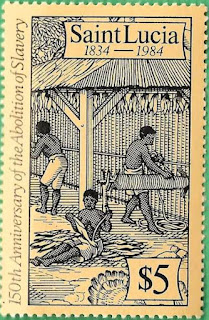Ralph Waldo Emerson was born on May 25, 1803, in Boston, Massachusetts,
and he passed away on April 27, 1882, in Concord, Massachusetts. His
life spanned nearly eight decades, during which he emerged as a leading
figure in American literature and philosophy, profoundly shaping the
transcendentalist movement and leaving an enduring legacy through his
essays, lectures, and poetry.
Some of Emerson's most important works include:
- Essays: First Series (1841): This collection includes "Self-Reliance," "The Over-Soul," and "Circles," among other influential essays.
- Essays: Second Series (1844): This collection contains "The Poet," "Experience," and "The American Scholar."
- Representative Men (1850): This work consists of essays on notable historical figures such as Plato, Napoleon, and Shakespeare, exploring the concept of individual greatness.
- The Conduct of Life (1860): A series of essays addressing practical aspects of life, including fate, power, wealth, and culture.
Influence and Legacy
Emerson's work had a significant impact on his contemporaries and subsequent generations. He was a mentor to Henry David Thoreau and influenced other notable writers and thinkers such as Walt Whitman, Louisa May Alcott, and Margaret Fuller. His ideas on individualism, nature, and nonconformity resonated with the emerging American ethos and continue to be studied and admired.
Emerson's belief in the inherent goodness of people and nature, as well as his advocacy for social reform, abolitionism, and education, positioned him as a moral and intellectual leader of his time. His works remain a foundational part of American literature and philosophy, inspiring ongoing discussions about the nature of self and society.









